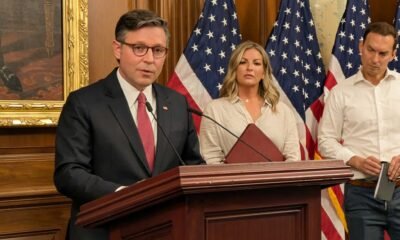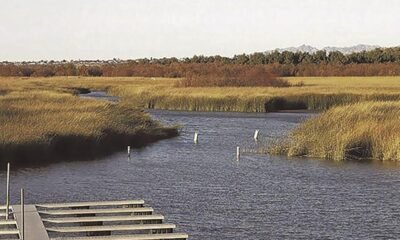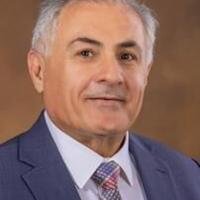Basin Management Area
Groundwater Initiative Aims to Balance Rural Needs and Stakeholder Demands

The Arizona Farm Bureau has expressed its support for a Republican-led bill aimed at groundwater management. This initiative is critical as efforts to enhance water regulation have stalled previously.
The goal of this legislation is to reduce groundwater pumping in rural Arizona. As water scarcity becomes a pressing issue, lawmakers are revisiting policies that aim to balance stakeholder interests with the need to preserve the state’s dwindling resources.
Multiple measures have been introduced this legislative session; however, only one has successfully progressed. Senate Bill 1520 is designed to create Basin Management Areas, implementing restrictions to protect groundwater in regions such as Gila Bend, Hualapai Valley, and the Willcox Groundwater Basin.
This bill, sponsored by Senator Tim Dunn (R-Yuma), has passed through several key committees and is awaiting consideration by the full House. Despite legislative backing, another pair of bills advocating for similar groundwater preservation measures have not received a hearing.
Senate Bill 1425 and House Bill 2714, introduced by Senator Priya Sundareshan (D-Tucson) and Representative Chris Mathis (D-Tucson), proposed establishing Rural Groundwater Management Areas (RGMAs) that aim to enforce specific restrictions on groundwater use. However, these proposals failed to gain traction despite backing from Governor Katie Hobbs and some rural Republican lawmakers.
The ongoing debate surrounding groundwater regulations has revealed significant divisions among various interest groups. Lawmakers, environmentalists, agricultural representatives, and local municipalities seem to struggle with consensus on how best to protect these vital resources.
Disagreements focus primarily on the extent to which groundwater pumping must be curtailed and the regulatory frameworks that should be established. Stakeholders have voiced frustrations, particularly directed towards committee chairs who have not allowed certain bills to advance.
Nick Ponder, senior vice president for governmental affairs at HighGround, Inc., highlighted a disconnect among legislators, indicating that many prefer to rely on external experts for guidance. Representative Gail Griffin (R-Hereford), chair of the House Natural Resources, Energy & Water Committee, is viewed by some as a key figure but has faced criticism for not advancing multiple groundwater bills.
Griffin, who did support SB1520, previously characterized many groundwater management proposals as “bad” policies, expressing concerns about increased government oversight. In her statements, she acknowledged that more work is needed to refine existing measures.
John Boelts, president of the Arizona Farm Bureau, emphasized Dunn’s approach as a balanced solution. He noted that previous proposals contained reductions that could harm agricultural interests. For instance, the Democrats’ legislation suggests a dramatic 40% reduction in groundwater use over 40 years, whereas SB1520 proposes a much more gradual 10% reduction over a decade.
Critics have raised concerns that SB1520 does not go far enough in limiting groundwater extraction, primarily benefiting larger agricultural enterprises. Sundareshan pointed out the challenges this presents to both sustainability and local communities.
Despite the partisan divides in the state legislature, Ponder noted that rural residents often seek solutions that would help protect their groundwater resources. Outside the Capitol, the desire for effective negotiation and policy-making appears to transcend political affiliations.


















